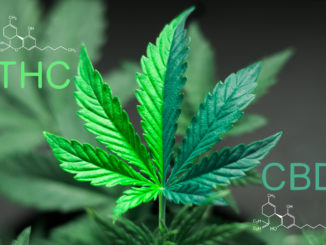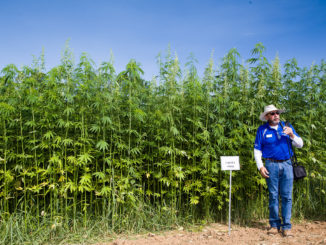
In 2012, Colorado voters overwhelming approved a change to the state’s constitution that allowed the sale and personal consumption of marijuana for recreational use. Sales began in 2014. Since then, the state has issued more than 2,900 marijuana business licenses, 481 of which went to retail dispensaries. As a result, as one media outlet pointed out, Colorado has more pot dispensaries than Starbucks, McDonald’s, and 7-Eleven locations combined.
But even though it’s legal to consume, it remains illegal to drive while under the influence of marijuana. Tragically, far too many drivers appear to be ignoring that and are putting lives in danger by smoking and driving. If you’ve been injured in a car accident because of an impaired driver, a personal injury attorney can help.
Fatal Accidents on the Rise
According to analysis by The Denver Post, the number of drivers involved in fatal car accidents who then tested positive for marijuana has jumped every year since legalization. Higher levels of the drug are also appearing in drivers who tested positive. Last year, in one extreme example, one driver tested at 22 times the legal limit for marijuana.
From 2013-16, Colorado experienced a 40 percent spike in the number of traffic fatalities overall, hitting 880 last year, according to numbers from the National Highway Traffic Safety Administration. The data also reveals that alcohol-related fatalities have been on the rise, climbing 17 percent. The number of drivers who tested positive for marijuana, however, jumped nearly 150 percent, and now make up 10 percent of all fatal car accidents.
While officials are quick to point out that this dramatic increase in marijuana-related traffic deaths can’t be tied conclusively to legalization, the numbers are disturbing.
“Unlike alcohol, THC [the active ingredient in marijuana] can remain detectable in the blood stream for days or weeks, when any impairment wears off in a matter of hours,” Taylor West, former deputy director of the National Cannabis Industry Association, told The Denver Post. “So all those numbers really tell us is that, since legal adult-use sales began, a larger number of people are consuming cannabis and then, at some point… driving a car.”
Testing is a Problem
That’s the problem facing state and local governments. Cannabis use is skyrocketing, but law enforcement officials are still struggling to find a way to definitively test drivers. There’s no marijuana breathalyzer or blood test that police can use to test drivers. There are tests that check for delta-9-tetrahydrocannabinol, or THC, but there isn’t a universally accepted standard that indicates who is actually impaired, despite the frantic efforts of scientists to establish one.
Colorado uses a THC blood test that police can use to reveal what’s referred to as “presumed” impairment. Permissible inference is set at five nanograms of THC per milliliter. Alcohol breaks down quickly in the body, making it easy to test for. THC, on the other hand, can linger much longer in the body. In fact, heavy users who then abstain from marijuana can still test positive a month or more later.
At least two private companies are researching breath detection devices, but scientists estimate they’re months or years away from hitting the market. As a result, Colorado has begun training its officers in what to look for during traffic stops when deciding whether a driver is impaired.
Proudly WWW.PONIREVO.COM
by Tara Streff



